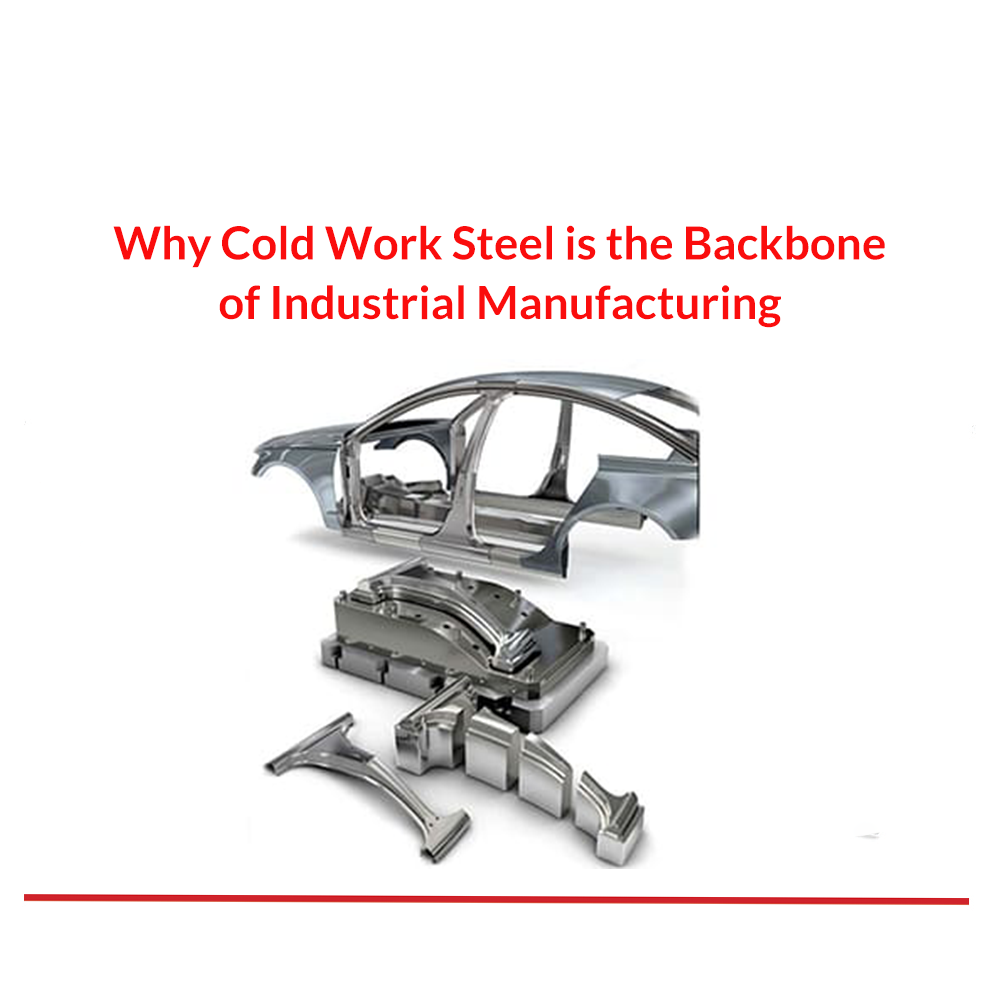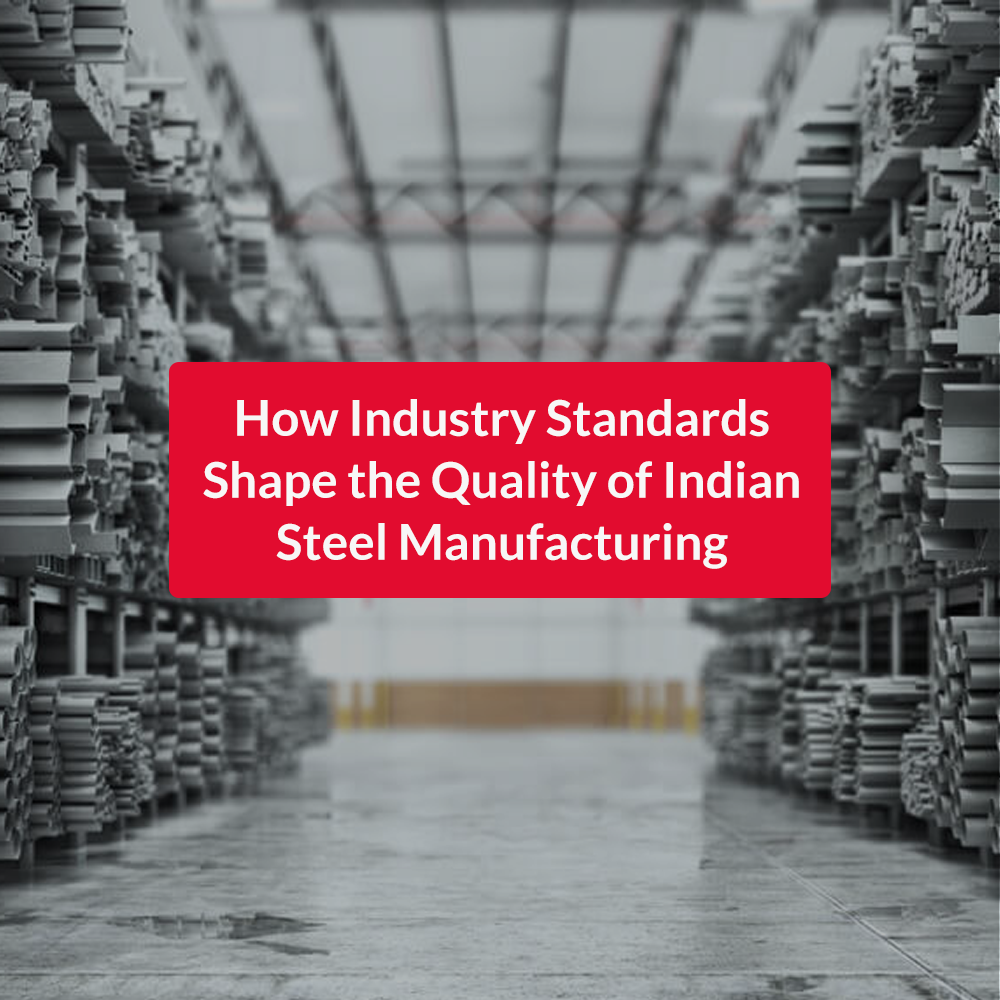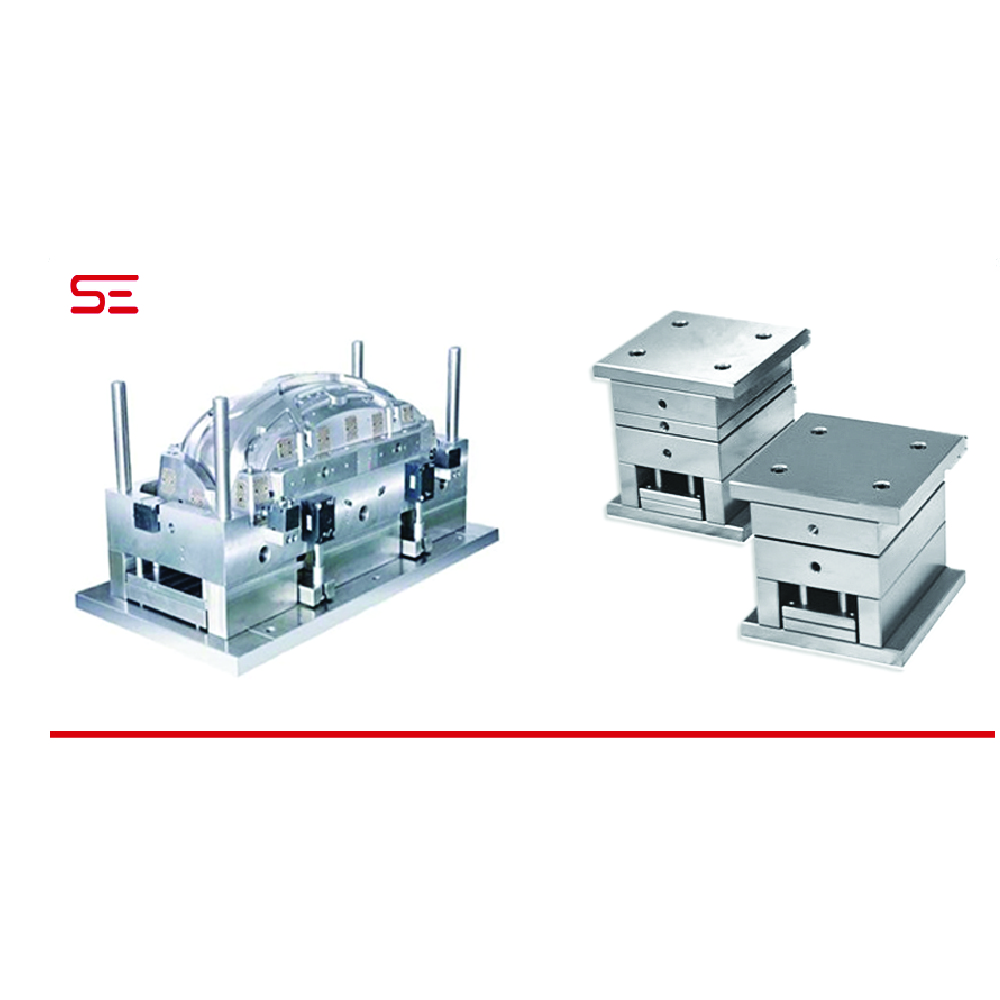GLOBAL STEEL COMPANY | 24/7 AFTER SALES SUPPORT
BlogBlog

Why Cold Work Steel is the Backbone of Industrial Manufacturing?In the world of industrial manufacturing, choosing the right material is crucial for ensuring performance, durability, and precision. Among the wide array of materials available, cold work steel stands out as a fundamental backbone for many industries. Whether in the production of tools, dies, or machinery, cold work steels unique properties make it indispensable. But what exactly makes cold work steel so essential, and why has it become the material of choice in industrial manufacturing? Lets explore its benefits and wide-ranging applications.
1. What is Cold Work Steel?
Cold work steel is a specific category of tool steel designed for applications where the working temperature is below 200C. This type of steel is characterized by its high hardness, wear resistance, and strength at room temperature, making it ideal for use in cold-forming applications such as stamping, shearing, and cutting.
Unlike hot work steel, which operates under extreme heat, cold work steel performs optimally under lower temperatures, providing exceptional stability and strength.
2. Key Properties That Make Cold Work Steel Essential
Cold work steel's widespread use in manufacturing stems from its exceptional physical and mechanical properties. These include:
a) High Hardness
Cold work steels are highly resistant to wear and tear due to their hardness. This characteristic makes them particularly useful for tools that require long-lasting durability, such as punches, dies, and molds.
b) Wear Resistance
In industrial applications, parts often experience significant friction and stress. Cold work steel is specially designed to withstand these conditions without degrading, which means it ensures the longevity of the tools and components used in production.
c) Toughness and Fatigue Strength
The toughness of cold work steel ensures that it can absorb high levels of mechanical stress without cracking. This property is essential for parts that endure repetitive motion or force, such as gears, bearings, and cutting tools.
d) Dimensional Stability
Cold work steel retains its shape and dimensions even under heavy loads. This dimensional stability is crucial in high-precision applications like dies, where even minor deviations can lead to defective products.
3. Applications of Cold Work Steel in Industrial Manufacturing
Cold work steel is employed across a variety of industrial sectors due to its versatility. Here are some of its most common applications:
a) Tool and Die Making
One of the primary uses of cold work steel is in tool and die making. Its ability to maintain high hardness and wear resistance under cold-forming processes makes it ideal for creating dies for punching, stamping, and shearing operations.
b) Blanking and Shearing Tools
Cold work steel is frequently used for manufacturing blanking and shearing tools, which require excellent sharpness and toughness to cut or shape metal sheets with precision.
c) Forming and Bending Dies
In metalworking, forming and bending dies made from cold work steel offer the strength and durability needed to shape metals without deformation, ensuring consistency in production.
d) Cutting Tools
Cutting tools like saw blades, knives, and drills rely on the hardness and toughness of cold work steel to maintain a sharp edge over long periods, even in demanding industrial environments.
4. Advantages of Cold Work Steel in Manufacturing
a) Cost Efficiency
Cold work steels durability reduces the frequency of tool replacement, leading to lower maintenance costs. For industries requiring high-volume production, this cost efficiency is a major advantage.
b) High Precision
Manufacturing processes require precision, and cold work steels dimensional stability ensures the consistent quality of parts and products. This precision minimizes errors and defects, contributing to more efficient production lines.
c) Longer Tool Life
Due to its high wear resistance and toughness, tools made from cold work steel last longer, reducing downtime and increasing productivity. This longevity is particularly beneficial in industries where tools endure heavy use.
d) Versatility
Cold work steel can be tailored to specific industrial applications through different heat treatments and alloying compositions, offering flexibility in manufacturing various parts and tools.
5. Challenges and Future of Cold Work Steel
While cold work steel offers numerous advantages, it is not without its challenges. The hardening process can make it brittle, requiring careful treatment to avoid cracking under extreme stress. However, ongoing advancements in metallurgy are addressing these issues, making cold work steel even more resilient and versatile.
As industries continue to demand higher efficiency and precision, cold work steel is evolving to meet these needs. Innovations in alloy composition and heat treatment techniques are making cold work steel even more adaptable, ensuring that it remains at the forefront of industrial manufacturing.
Conclusion
Cold work steel is undeniably the backbone of industrial manufacturing. Its unmatched strength, wear resistance, and ability to perform under cold-forming conditions make it essential for producing high-quality tools, dies, and machinery components. As industries push the boundaries of what is possible, cold work steel will continue to be a cornerstone material, driving innovation and ensuring reliable, long-lasting performance in manufacturing processes.
Whether it's in automotive production, aerospace, or heavy machinery, cold work steel plays a pivotal role in shaping the modern industrial landscape. Its enduring qualities make it an irreplaceable asset in achieving efficiency, precision, and durability.

How Industry Standards Shape the Quality of Indian Steel ManufacturingSteel is one of the most critical materials used across industries such as construction, automotive, infrastructure, and manufacturing. In India, steel production is a pillar of economic growth, contributing to the countrys position as one of the worlds top steel producers. But what ensures the consistency, reliability, and safety of Indian steel products? The answer lies in industry standards that regulate every aspect of steel manufacturing.
1. The Role of Industry Standards in Steel Manufacturing
Industry standards serve as guidelines that regulate the quality, safety, and efficiency of steel production. In India, several national and international bodies, such as the Bureau of Indian Standards (BIS), International Organization for Standardization (ISO), and American Society for Testing and Materials (ASTM), govern these standards.
By ensuring steel manufacturers follow these guidelines, standards help:
Maintain Uniformity: Industry standards create a uniform quality of steel across different manufacturers, allowing consumers to trust the materials properties regardless of its origin.
Improve Safety: By regulating chemical composition, tensile strength, and heat resistance, standards ensure steel products perform reliably under stress and adverse conditions.
Enhance Durability: Standards help manufacturers produce steel that is more durable and resistant to wear and tear, leading to longer-lasting structures and components.
Foster Innovation: Following set standards pushes manufacturers to innovate while maintaining compliance, enabling the development of stronger, lighter, and more cost-efficient steel products.
2. Key Standards Shaping Indian Steel Quality
Bureau of Indian Standards (BIS)
BIS plays a crucial role in regulating the Indian steel industry through its certification schemes. It has developed various IS codes, like IS 2062, which covers structural steel specifications. By adhering to these codes, manufacturers ensure that their steel is fit for use in critical sectors like infrastructure, energy, and transportation.
ISO 9001
Steel manufacturers in India often aim for ISO 9001 certification, which is a globally recognized standard for quality management systems. It ensures that companies consistently meet customer and regulatory requirements, contributing to better product quality and customer satisfaction.
American Society for Testing and Materials (ASTM)
Though ASTM is a U.S.-based organization, many Indian steel companies adopt ASTM standards, especially for products aimed at the global market. ASTM A36, for example, covers the specification of carbon structural steel and is widely used in Indian steel manufacturing for construction and industrial purposes.
3. The Impact of Standards on Indian Steel Quality
Consistency Across the Supply Chain
Industry standards ensure that steel produced in different parts of India adheres to the same quality norms. This consistency is vital for large-scale projects that rely on steel from multiple suppliers. A builder or manufacturer can trust that steel sourced from different mills will perform uniformly, reducing the risk of structural failure.
Boosting Competitiveness
By following international standards like ISO or ASTM, Indian steel manufacturers are able to compete globally. High-quality, standardized steel is more likely to be exported, helping Indian companies access new markets and contribute to the country's export earnings.
Sustainability and Eco-Friendliness
Sustainability is becoming increasingly important in steel manufacturing, and industry standards help drive environmental responsibility. Indian companies are now following guidelines that minimize waste, reduce carbon footprints, and encourage recycling within the production process. Standards like ISO 14001, which covers environmental management, are guiding the Indian steel industry towards greener practices.
4. Challenges and the Way Forward
Despite the clear benefits, Indian steel manufacturers still face several challenges in consistently adhering to these standards:
Cost of Compliance: Small and medium-sized enterprises (SMEs) may struggle with the cost of certification and compliance with stringent quality norms, which could hinder their growth.
Technological Upgradation: Implementing advanced technologies to meet international standards can be expensive and technically challenging for some manufacturers, especially those operating in older plants.
Global Competition: While Indian steel quality is improving, manufacturers still face stiff competition from countries like China and South Korea, which have invested heavily in cutting-edge production technology.
To overcome these challenges, Indian steel manufacturers need to invest in technology upgrades, training for quality management, and better integration of industry standards into their operations.
Conclusion
Industry standards are the backbone of quality assurance in Indian steel manufacturing. By ensuring uniformity, safety, and sustainability, these standards help Indian steel products meet both domestic and global demands. As the industry grows, adherence to these standards will remain crucial in maintaining Indias competitive edge in the global steel market.
Moving forward, the continuous adoption of newer, more stringent standards will not only enhance the quality of Indian steel but also support the country's ambitions of becoming a global manufacturing hub.
By following and implementing industry standards, the Indian steel industry can remain a powerhouse of strength, durability, and quality, contributing to nation-building in more ways than one.

What is plastic mould steel and how it is useful?
Plastic mould steel, also known as injection molds or tooling, is specialized tool used in the manufacturing process of plastic products. They are typically made from steel or aluminum and are custom-designed to produce specific shapes and dimensions of plastic parts.The process of plastic molding involves injecting molten plastic material into the mold cavity under high pressure. This process can be repeated many times, allowing for mass production of identical plastic components.
Plastic mould steel is useful in several ways:
Mass production:Plastic molding enables the efficient and cost-effective production of large quantities of plastic parts. Once a mold is created, it can be used repeatedly to produce identical parts with high precision and consistency.Versatility:Plastic molds can be designed to produce complex shapes and intricate details that would be difficult or impossible to achieve with other manufacturing processes. This makes them suitable for a wide range of industries, including automotive, electronics, packaging, consumer goods, and more.Cost-effective:While the initial investment in creating a plastic mold can be significant, the per-unit cost decreases significantly when producing large quantities of parts. This makes plastic molding an economical choice for mass production compared to other manufacturing methods.Customization: Plastic molds can be customized to meet specific product requirements. Manufacturers can adjust factors such as material composition, part design, surface finish, and color to achieve the desired characteristics and aesthetics for their products.Efficiency and speed:Plastic molding processes can be highly automated, leading to faster production cycles and shorter lead times. This is especially beneficial when there is a demand for quick turnaround times or tight production schedules.
Overall, plastic molds are essential tools in the plastic manufacturing industry. They enable efficient mass production, offer design flexibility, and contribute to cost-effective manufacturing processes, making them widely used in various industries around the world. Sandeep Enterprises is dedicated to serving our customers by providing a wide range of services. Our offerings include bandsaw cutting, machining, grinding, pre-machined plates with boring, steel component manufacturing, wear liner, and bolted plates, as well as custom attachments. We strive to meet the unique needs and requirements of our clients through these comprehensive solutions.
